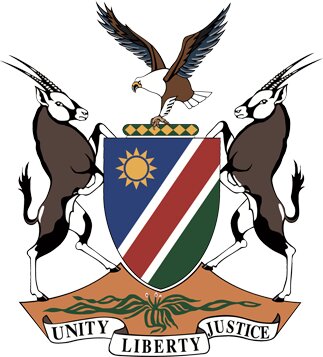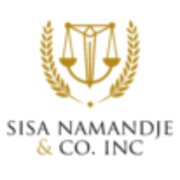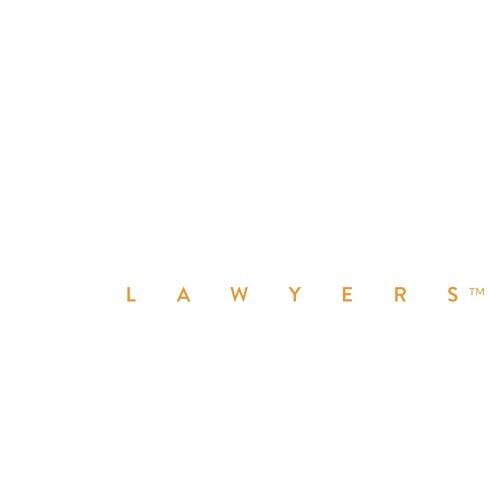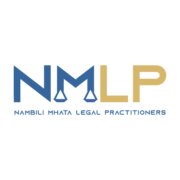Best Collaborative Law Lawyers in Windhoek
Share your needs with us, get contacted by law firms.
Free. Takes 2 min.
Free Guide to Hiring a Family Lawyer
List of the best lawyers in Windhoek, Namibia
About Collaborative Law in Windhoek, Namibia
Collaborative law is a legal approach that offers a structured process to resolve disputes amicably without litigation. In Windhoek, Namibia, this practice is gaining popularity as it emphasizes cooperation, transparency, and fair solutions. The collaborative law process involves the parties and their respective lawyers working together in a series of meetings to negotiate an agreement, aiming to address each party's needs and interests without resorting to court intervention. This approach is based on mutual respect and open communication, providing a peaceful path to conflict resolution.
Why You May Need a Lawyer
Collaborative law can be particularly beneficial in a variety of situations that might otherwise lead to contentious legal proceedings. These include family law cases, such as divorce and child custody arrangements, where parties seek a cooperative resolution. Additionally, it can be applied to business disputes, property settlements, and even personal injury claims. Lawyers trained in collaborative law can help guide you through the process, ensuring that your rights are preserved and that the outcomes are fair and mutually agreeable.
Local Laws Overview
In Windhoek, the application of collaborative law is supported by local legal frameworks that encourage alternative dispute resolution methods. Namibian law recognizes the value of settling disputes outside of the traditional courtroom setting, in an effort to reduce court backlogs and encourage healthier post-dispute relationships. Key aspects include the requirement for a collaborative law participation agreement, which outlines the commitment of both parties to avoid litigation and work towards a negotiated solution, and the potential involvement of neutral experts to provide clarity on specific issues arising during the discussions.
Frequently Asked Questions
What is the main benefit of using collaborative law?
Collaborative law helps to reduce conflict and stress by focusing on consensus-building and client-centric solutions rather than adversarial court battles.
How does collaborative law differ from mediation?
While both focus on resolving disputes outside of court, collaborative law involves lawyers representing each party, whereas mediation is facilitated by a neutral third-party mediator.
Is collaborative law legally binding?
Yes, any agreements reached through the collaborative process are put in writing and can be made legally binding through the courts.
Can I switch to litigation if collaborative law doesn’t work?
Yes, however, the collaborative lawyers must withdraw, and new legal representation is required for litigation.
What happens if one party refuses to cooperate?
The process relies on mutual cooperation, and lack of participation from one party may necessitate switching to litigation.
Are all lawyers able to offer collaborative law services?
No, lawyers need specialized training in collaborative law methods to properly facilitate the process.
Can collaborative law be used in international disputes?
Yes, it can be effective in international contexts, particularly when both parties agree to the process and the involved jurisdictions recognize collaborative law.
How long does the collaborative law process take?
This largely depends on the complexity of the issues and the willingness of the parties to reach an agreement, but it is generally faster than traditional litigation.
How are children’s interests protected in collaborative family law cases?
The process prioritizes amicable solutions that consider the well-being of children, often involving child specialists as needed.
What happens to confidential information shared during the process?
The collaborative approach maintains confidentiality, and discussions are not admissible in court should the process not result in a resolution and parties go to litigation.
Additional Resources
For those looking for additional support in collaborative law, several resources in Windhoek can be of assistance. The Law Society of Namibia provides directories of lawyers, including those specializing in collaborative law. The Office of the Ombudsman and local family counseling centers can offer guidance and information. Additionally, community legal clinics and Namibian mediation services may offer preliminary advice and support.
Next Steps
If you are considering collaborative law as a path to resolving your dispute, the first step is to consult with a lawyer trained in collaborative law. Discuss your situation and seek their advice on the appropriateness of this method for your specific needs. It is essential to understand the process fully and have a qualified legal partner committed to achieving a mutual agreement. Contact the Law Society of Namibia to get a list of accredited collaborative law practitioners in Windhoek, and schedule consultations to find the right fit for your case. Remember to prepare all necessary documentation and be open to discussion and negotiation as you move forward.
Lawzana helps you find the best lawyers and law firms in Windhoek through a curated and pre-screened list of qualified legal professionals. Our platform offers rankings and detailed profiles of attorneys and law firms, allowing you to compare based on practice areas, including Collaborative Law, experience, and client feedback.
Each profile includes a description of the firm's areas of practice, client reviews, team members and partners, year of establishment, spoken languages, office locations, contact information, social media presence, and any published articles or resources. Most firms on our platform speak English and are experienced in both local and international legal matters.
Get a quote from top-rated law firms in Windhoek, Namibia — quickly, securely, and without unnecessary hassle.
Disclaimer:
The information provided on this page is for general informational purposes only and does not constitute legal advice. While we strive to ensure the accuracy and relevance of the content, legal information may change over time, and interpretations of the law can vary. You should always consult with a qualified legal professional for advice specific to your situation.
We disclaim all liability for actions taken or not taken based on the content of this page. If you believe any information is incorrect or outdated, please contact us, and we will review and update it where appropriate.
















